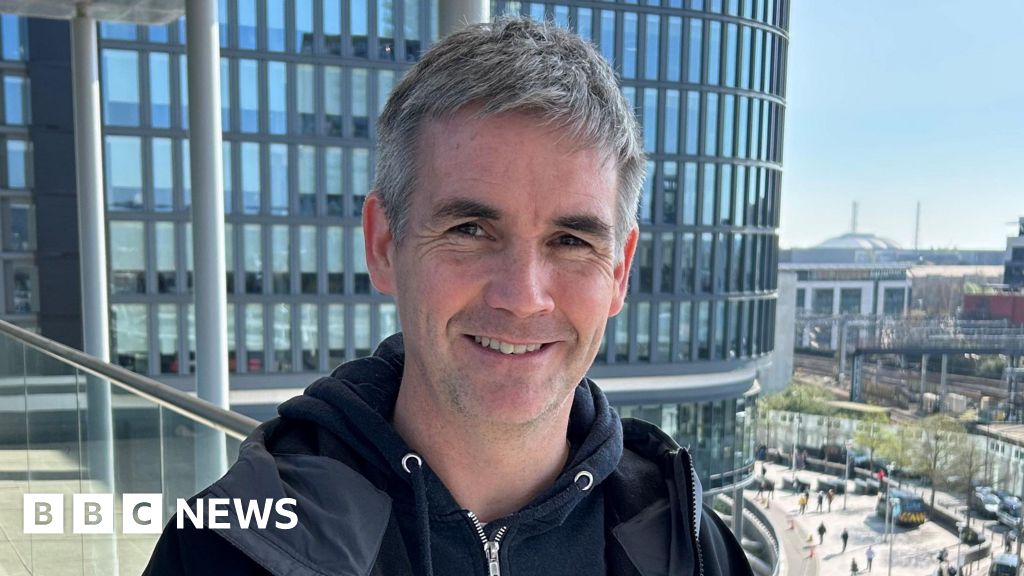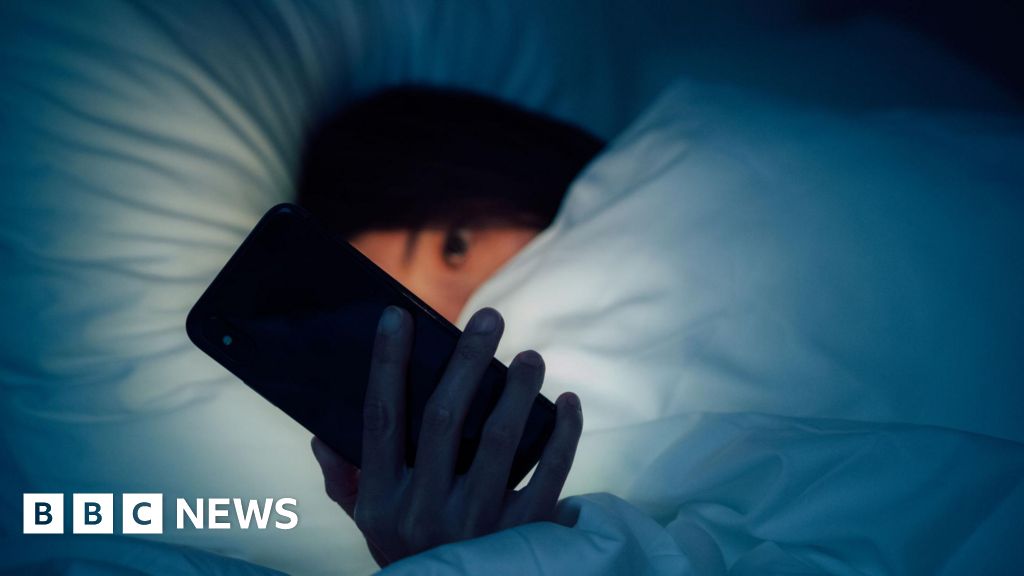ARTICLE AD BOX
image source, David Levenson
Sir Clive Sinclair, who has died aged 81, was one of Britain's most prolific innovators.
Largely self-taught, he began inventing gadgets while he was still at school.
His ZX Spectrum computers brought affordable personal computing to the masses and sold in their millions across the world.
But his attempt to launch an electric vehicle was not successful, and caused him severe financial problems.
Clive Marles Sinclair was born on 30 July 1940 in Richmond, Surrey.
The young Clive was something of an introvert as a child, preferring the company of adults to that of his own age group.
He also developed a passion for creating gadgets, inspired by a character called The Inventor, on the BBC Children's series, Toytown.
Sinclair made a communications system for his hideout in the woods and built miniature radios and amplifiers.
While doing his A-levels, he designed a circuit for a simple radio which he then commissioned a manufacturer to make up into DIY kits.
The kit was sold through magazines such as Practical Wireless, a publication for which he had already written a number of articles.
Keen to return to inventing
Over the following four years, he wrote books on how to construct various electronic devices including radio receivers and transistor circuits.
But while his books sold well, Sinclair was anxious to get back to inventing, and formed his own company, Sinclair Radionics, in 1961.
He produced a number of printed circuit boards and a miniature transistor radio but was unable to raise enough capital to make the business a success.
His first money-making venture came when he heard the Plessey company was discarding new transistors that were not up-to-scratch.
Having discovered the rejects still worked, Sinclair bought them in bulk, re-selling them at a profit and building them into his own products.
Sinclair followed up his kits with fully built hi-fi components and a design for a miniature TV.
He shared the view of Apple's Steve Jobs that design was everything and his products were seen as modern and cutting-edge.
Affordable pocket calculator
In 1972, he designed and released a calculator, the Sinclair Executive.
It was the first true pocket calculator and, while technically not particularly advanced, it looked good and, more importantly, was very affordable.
It won Design Council awards and was put on show at the Museum of Modern Art in New York.
But Sinclair's products were proving unreliable and the company faced financial problems.
An innovative quartz watch, a sleek black affair, never worked properly and customers returned them in their thousands.
Eventually the company was taken over by Labour's National Enterprise Board and split up.
"I'm not a businessman by nature," Sinclair once said, "but we all have to be businesslike in our lives."
Exciting innovations
Sinclair teamed up with Chris Curry who ran a small electronics company called Science of Cambridge. This quickly became Sinclair Research.
In 1980, the ZX80 was launched, a small computer that retailed at less than £100. Enthusiasts could buy it in kit form for £20 less.
It contained many exciting innovations and demonstrated Sinclair's ability to make a product work with the fewest possible number of components.
image source, PA
image captionSinclair sold his computer business to Alan Sugar's AmstradThe follow-up, the ZX81, was still primitive by modern standards. But it would run simple applications and very basic games.
But the relationship between Sinclair and Curry soured following the BBC's decision to run a series on computer literacy, and to badge a machine for the programmes.
The corporation eventually chose Curry's Acorn machine which, while technically more advanced than the ZX81, was much more expensive.
Sinclair hit back with the ZX Spectrum. The big attraction was the colour display and, in its various incarnations, Sinclair sold more than five million machines.
He was knighted in 1983 at the recommendation of Margaret Thatcher, but his next big invention was to prove a disaster.
Electric vision
Misguidedly, Sir Clive was beginning to run into financial problems, due to the decision to put his energies, and his cash, into developing an electric vehicle.
Money was poured into research and development and the Sinclair C5 was launched in 1985.
Buyers were disappointed with its limited range, slow speed and inability to climb hills, while reviewers claimed it was unsafe, something Sinclair strongly denied.
Sinclair himself later acknowledged the launch had been botched.
"The ground was covered in snow and we hadn't realised that the batteries virtually packed up in freezing conditions. It was a crazy time to launch it."
The pressures had an effect on his personal life. His 20-year marriage to his wife, Anne, ended in divorce.
Sir Clive gained something of a reputation as a playboy, often seen in public with beautiful, younger women on his arm.
He also developed a passion for poker, a game that appealed to his love of risk-taking and his willingness to bet his money against the odds.
Funded from personal wealth
Sinclair also faced problems with the launch of a new computer, the QL which, despite its innovative design, failed to sell in any great numbers.
After failed attempts to raise more cash, Sinclair sold the rights to his computers to Alan Sugar's Amstrad.
Sinclair Research continued to operate as a small research and development company marketing Sinclair's inventions and funded from his own personal wealth.
He was still fixated by the idea of an electric vehicle and, in 1992, launched the Zike, a lightweight electric bike. Like the C5, it failed to sell.
A folding bike, which could fit in a suitcase, it also failed when users declared it to be almost impossible to ride.
In 2011, he announced he was working on a new electric vehicle dubbed the X1.
Sir Clive Sinclair was a driving force behind the success of the now ubiquitous personal computer.
He built up a company that earned millions, won a string of awards and was given a knighthood by Margaret Thatcher. But his efforts were dogged by financial problems caused by the failure of his attempts to build an electric vehicle for the masses.
But he remained one of Britain's great innovators who could turn his dreams into reality. "The idea that an inventor can come up with some brilliant idea and somebody else will make it all happen is nonsense," he once said.
"Either you do it yourself or it ain't going to happen."
The BBC is not responsible for the content of external sites.

 3 years ago
82
3 years ago
82








 English (US) ·
English (US) ·